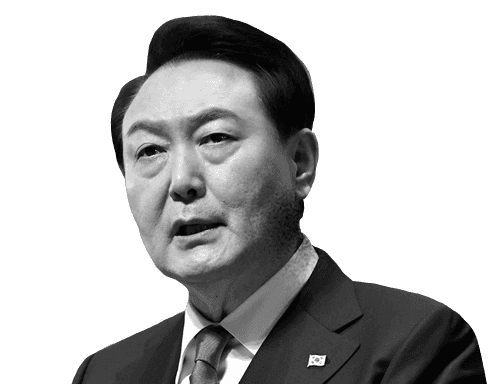A former prosecutor general with no prior political experience, Yoon narrowly won office by tapping into deep discontent among young male voters through explicitly anti-feminist messaging. Yet the true backbone of his coalition came from the Protestant religious right, especially the politically mobilized Charismatic and Neo-Pentecostal churches that had become a dominant force in South Korean conservatism.
Once in power, Yoon embraced a hardline anti-communist, pro-market, and socially reactionary agenda, closely aligned with the demands of the country’s Evangelical elite. But lacking a legislative majority, his administration was hobbled by parliamentary gridlock. When his party failed to secure control of the National Assembly in the April 2024 elections, Yoon’s authority was further weakened.
In December 2024, Yoon attempted a self-coup, declaring the Assembly to be infiltrated by “pro-North Korean” and “anti-state” forces, moving to dissolve the legislature and consolidate executive power. The gambit failed. His actions were widely condemned as unconstitutional, sparking mass protests and civil mobilization in defense of democratic rule.
Yoon was impeached shortly thereafter. Despite efforts by his political base to mobilize against the proceedings—amplifying conspiracy theories and framing the vote as a leftist plot—the National Assembly voted to remove him from office, narrowly reaching the two-thirds threshold required. Notably, 85 of 108 lawmakers from Yoon’s own People Power Party (PPP) voted against his removal, underscoring the deep loyalty he retained among the party’s base, even in the aftermath of an attempted coup.



